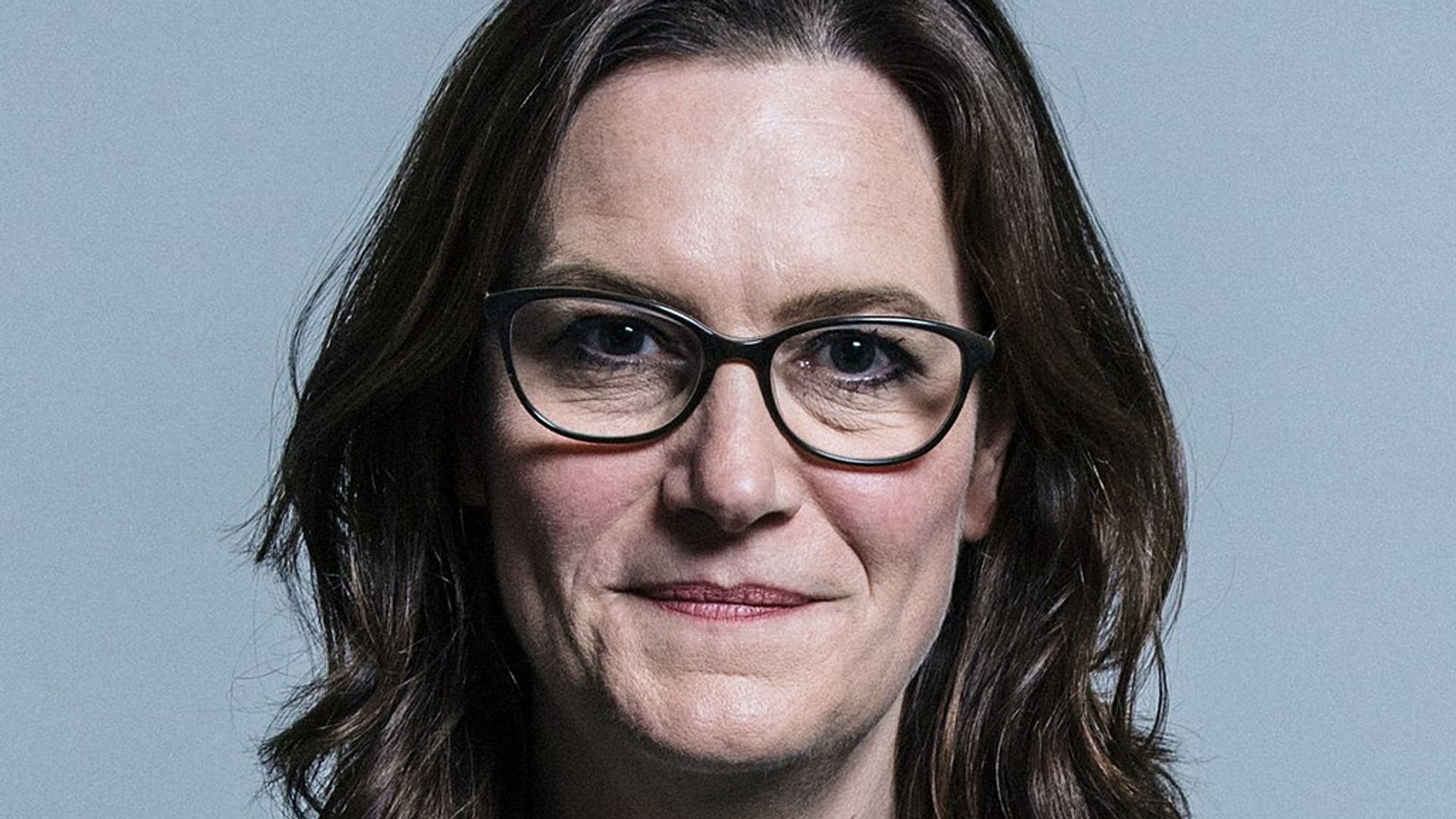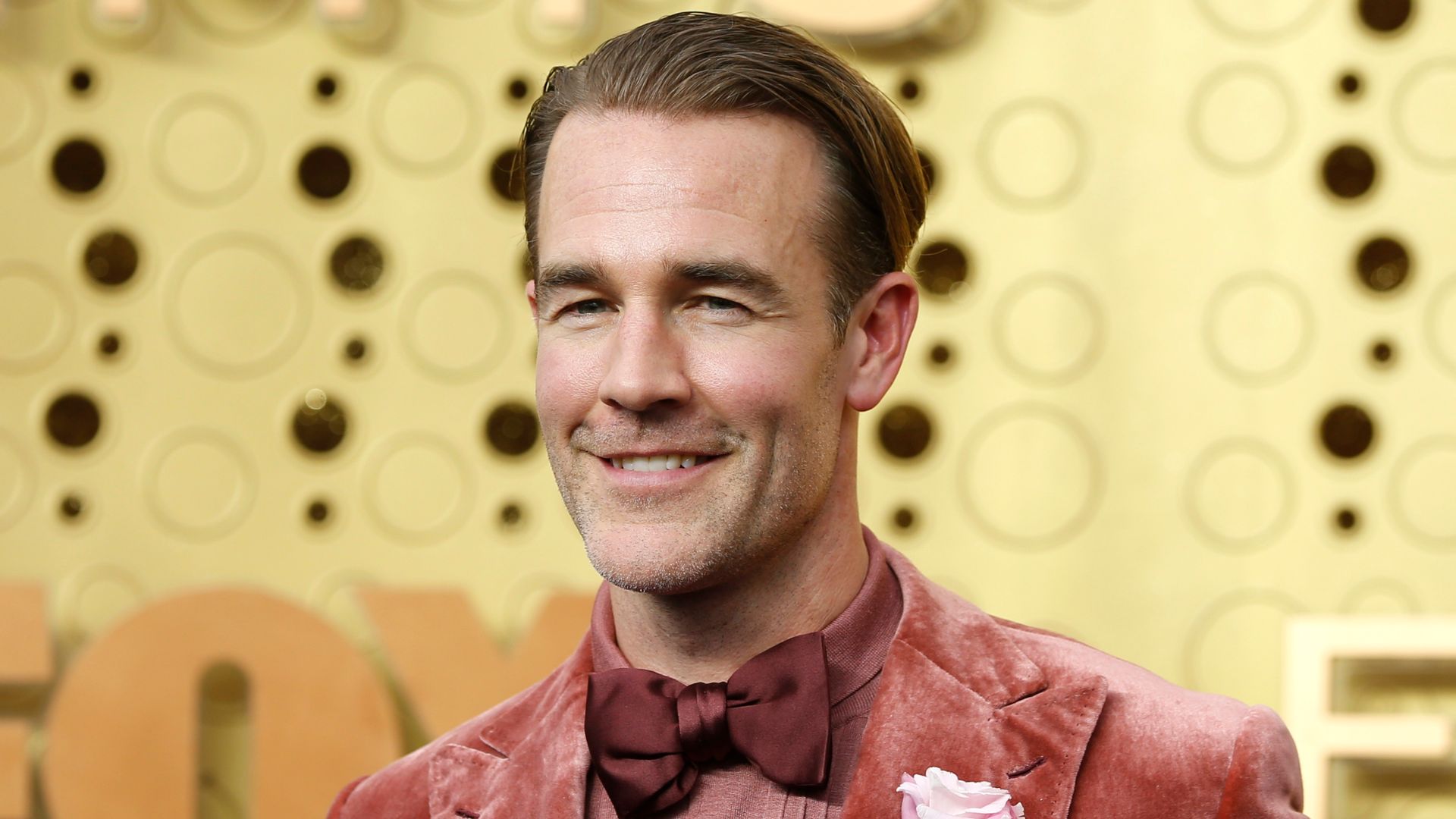
The BDN Editorial Board operates independently from the newsroom, and does not set policies or contribute to reporting or editing articles elsewhere in the newspaper or on bangordailynews.com.
In January 2021, then 22-year-old Amanda Gorman read her powerful poem “The Hill We Climb” at the inauguration of President Joe Biden. Gorman’s eloquent message at a time of division and unease earned praise across the country, including from this editorial board.
Two years later, the poem has now become wrapped up in the reactionary, ridiculous efforts to ban and reduce access to books that some people have deemed inappropriate. These efforts would trade parental comfort for student comprehension of the world around them.
In this case, a single complaint from a parent led to a K-8 school in Florida moving the book version of Gorman’s poem from the elementary section to the middle school section of the school’s media center. No, the school did not ban the book outright, but that wasn’t for lack of trying on the part of the complaining parent.
That written complaint, along with misidentifying Oprah Winfrey as the book author or publisher (she did write the forward), claimed the book was “not for schools” and would “cause confusion and indoctrinate students.”
Really? Here, for the record, is the supposedly offending section from “The Hill We Climb” that the parent claimed “is not educational and have indirectly [sic] hate messages” on a school form:
“We’ve braved the belly of the beast./ We’ve learned that quiet isn’t always peace,/ And the norms and notions of what ‘just is’/ isn’t always justice,” Gorman wrote and read for the 2021 presidential inauguration. “And yet the dawn is ours before we knew it./ Somehow, we do it./ Somehow, we’ve weathered and witnessed/ A nation that isn’t broken, but simply unfinished.”
If this type of reflection on current events isn’t suitable for public education, what is? If this is a hate message, what isn’t?
Schools and school boards shouldn’t be bowing to this kind of factually deficient fear mongering masquerading as parental involvement. Especially from one parent, who doesn’t even know who wrote the book in question.
“We are indeed troubled by this,” Daniella Pierre, president of the Miami-Dade branch of the NAACP, told NPR on May 24.
“It is our collective goal to work on amending school board policy and effectuating changes to ensure that it takes more than one form to remove our history and heritage,” Pierre added.
We’re troubled by it, too. And we’re troubled by parents across the country, i ncluding here in Maine, who say that they don’t want to ban books at the same time that they’re going out of their way to restrict access to information they don’t seem to like.
The parent in Florida actually tried to suggest to the Miami Herald she “is not for eliminating or censoring any books” while saying that Gorman’s book and several others (“Countries in the News: Cuba” by Kieran Walsh, “Cuban Kids” by George Ancona, “Love to Langston” by Tony Medina, and “The ABCs of Black History” by Rio Cortez) shouldn’t be available to students at all. We’d bring up George Orwell and doublespeak, but then people might want to ban his work as well.
School administrators, school board members and society in general needs to let the actions from these people speak louder than their words. They may say they don’t want to ban or censor books, but their actions tell a different story. American education needs to prioritize facts and comprehensive learning ahead of the hypocrisy and hyperventilation of a small group of misinformed parents.









